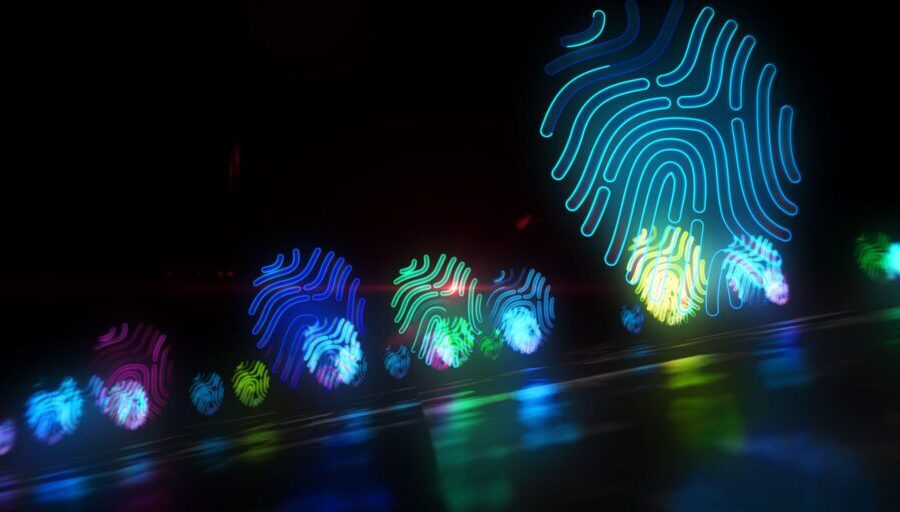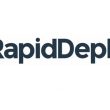How decentralized identity technology can make access to government services more equitable
Governments debate how much they should spend on public services, as witnessed by the recent debt-ceiling standoff, and by the annual budget process that plays out in every city and county. But everyone can probably agree that access to public services should be simple and equitable.
Too often, though, services are difficult to consume. As a result, service delivery can be inequitable, with the individuals and families in greatest need facing the biggest roadblocks.
One of the toughest challenges is managing personal data. Virtually every interaction between residents and agencies—renewing a driver’s license, applying for a building permit, qualifying for financial assistance, paying taxes—requires the submission and validation of personal data. Typically, that data is onerous for residents to gather and time-consuming for agencies to verify.
The solution is digital identity technology known as decentralized identity, sometimes called self-sovereign identity (SSI). With decentralized identity, a resident’s personal data—date of birth, employment history, bank accounts, health records—is validated once, stored in their smartphone’s digital wallet, and verified in a public ledger. There’s no need for every city and county agency to redundantly validate the data for every transaction—and then store and protect the data in perpetuity.
Decentralized identity gives residents control over their personal information. It relieves agencies of the burden of repeatedly collecting and verifying data. Just as important, it improves the equitable delivery of government services.
Easier, safer data management
Here’s how decentralized identity works. Let’s say Sally validates her date of birth, Social Security number and mailing address with the Department of Revenue (DOR). The DOR issues a valid credential for each piece of data.
But the data isn’t stored in the DOR’s database. Instead, each credential is stored in Sally’s secure digital wallet. Each credential is also assigned a decentralized identifier—a string of numbers and letters that verifies the validity of the data in a distributed ledger such as blockchain.
Because the credentials are verified in a distributed ledger, there’s no need for other agencies to re-validate and store the data. If Sally later applies to the state for a driver’s license, to the city for a building permit, and to the county for a library card, the relevant agencies can trust the credentials already issued by the DOR. They only need to gather and validate any additional data specific to that transaction.
As Sally interacts across agencies, the number of validated credentials in her digital wallet grows, and each transaction becomes more efficient. The same is true if she applies for public assistance such as Supplemental Nutrition Assistance Program (SNAP), Temporary Assistance for Needy Families (TANF), or Women, Infants, and Children (WIC) benefits. In effect, those programs “share” Sally’s data, but without actually storing or exchanging it.
To read the complete article, visit American City & County.

















